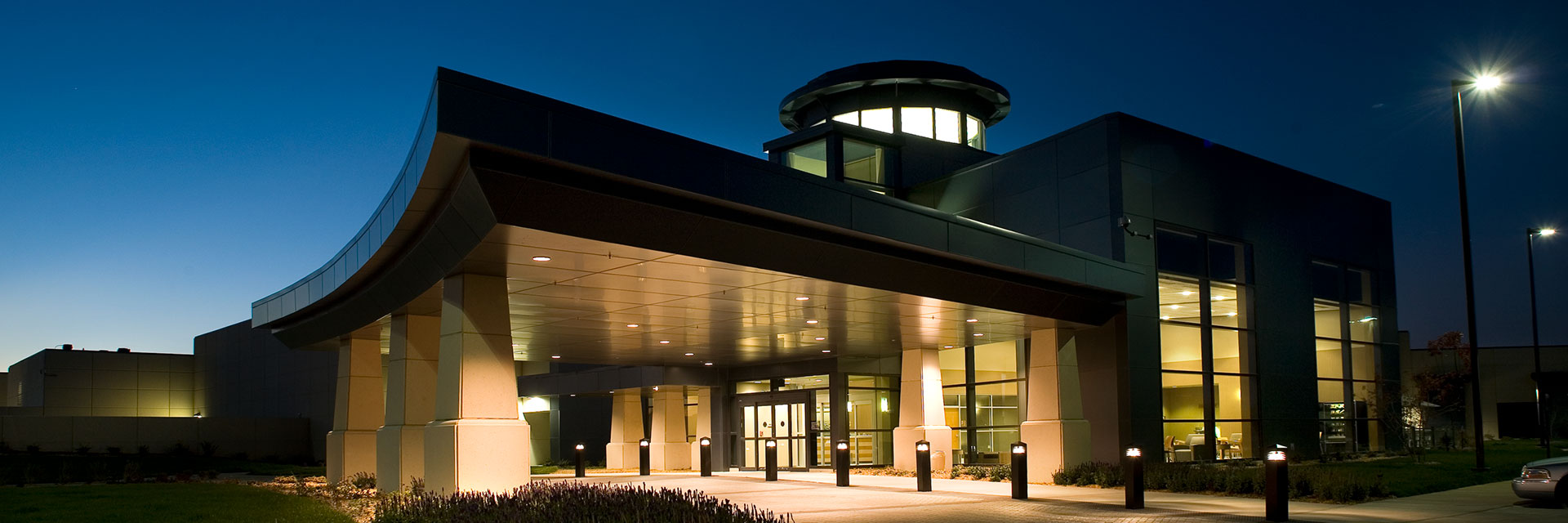08 Oct Symptoms of Depression
Common symptoms of depression include guilt, irritability, and having a feeling of sadness that won’t go away.
Being in a “blue mood” sometimes is a normal part of life. If you lose a loved one or are laid off from your job, it is natural to be sad. When you have depression symptoms because of a stress that has occurred in your life, it is called “situational depression.” Most people recover from situational depression, although it may take a few days or sometimes even weeks.
However, when depression symptoms just won’t go away and depression starts to interfere with your ability to function and live your life normally, this is called “clinical depression” or “major depression.” Major depression is a serious illness that may last for weeks, months, or years. It is therefore crucial that you know the symptoms of depression, so you can seek help when they occur.
The symptoms of depression are overwhelming. People may describe major depression as a “black hole” that they just can’t get out of. A sense of impending doom is also common in this type of depression. You may feel lifeless, limp, and apathetic.
People with serious depression do not all have the same symptoms, but they may include:
- When feeling sad is a symptom of depression, it may include feeling hopeless and empty. You may find that no matter how hard you try, you just can’t control your negative thoughts. You may find yourself crying for no obvious reason.
- People with severe depression may feel that they are worthless and helpless. They may even experience their depression as a sign of weakness, and can be overly self-critical.
- This depression symptom may cause you to feel angry, anxious, or restless. Men who are seriously depressed often express their depression through aggression or reckless behavior.
- Mental symptoms. If you have trouble concentrating, making decisions, or remembering details, these could be symptoms of depression. People with depression may feel that their thought processes have slowed down.
- Physical symptoms. People with depression often have aches and pains, headaches, or digestive problems that do not seem to have any other medical cause and do not respond to treatment.
- Loss of energy. If you have depression, you may feel tired all the time. People with depression may feel that their physical abilities are slowed down.
- Loss of interest. A common depression symptom is loss of interest in pleasurable activities like sex, hobbies, or social interactions. This may also show up as neglecting your responsibilities and your physical grooming.
- Sleep changes. Waking up too early in the morning, not being able to fall asleep, or sleeping too much can all be symptoms of depression.
- Appetite changes. Changes in eating habits due to depression can result in eating too much or too little. A weight gain or loss of more than 5 percent of your body weight in one month is one of the warning signs of depression. Some people experience a loss of interest in food, while for others food becomes a way of compensating for feelings of depression.
- Suicidal thoughts. Having thoughts of harming yourself is a serious symptom of depression and always needs to be taken seriously. If you’re thinking about suicide, you need to get help immediately.
Symptoms of Depression: No Shame or Weakness
If you have some of these classic symptoms of depression and the symptoms are severe and have lasted longer than a few weeks, you should seek help. The best place to start is with your doctor.
The National Institute of Mental Health estimates depression affects roughly 17 million Americans a year. In many cases, depression that could be successfully treated goes undiagnosed and untreated because symptoms of depression are ignored.
Depression is not a sign of weakness or a reason for shame — it is a serious illness. The positive news is that even in serious cases of clinical depression, treatment is usually very successful. And the earlier treatment is started, the more successful it is. So don’t wait.

